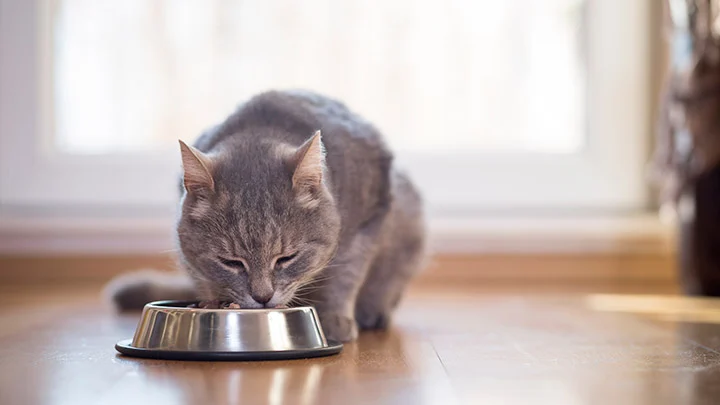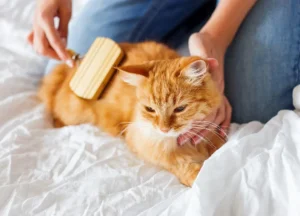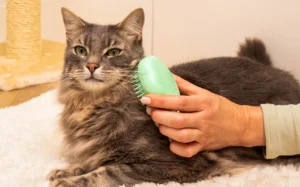Introduction
Kittens, like any growing beings, require a balanced diet to thrive. Proper nutrition is vital for their development, ensuring they grow into healthy adult cats. In this guide, we’ll explore the optimal diet tips for kittens, covering everything from understanding their nutritional needs to choosing the right food and monitoring their health.
Understanding Kitten Nutrition
Before diving into specific dietary recommendations, it’s essential to understand the nutritional needs of kittens. Kittens require a diet rich in protein, fat, vitamins, and minerals to support their rapid growth and development. Protein is particularly crucial for muscle development, while fat provides essential energy.
Choosing the Right Food
When selecting food for your kitten, you’ll encounter a variety of options, including wet and dry food. Both types have their benefits, but it’s essential to choose high-quality food that meets your kitten’s nutritional needs. When reading labels, look for products specifically formulated for kittens, with a balanced blend of protein, fat, and carbohydrates.
Feeding Schedule
Establishing a consistent feeding schedule is key to ensuring your kitten receives the nutrition they need. Kittens require frequent meals throughout the day, typically three to four times daily. Portion control is also important to prevent overfeeding, which can lead to obesity and other health issues.
Hydration
In addition to food, proper hydration is essential for kittens’ health. Ensure your kitten always has access to fresh, clean water. You can also offer wet food, which contains higher water content than dry food, to help keep your kitten hydrated.
Avoiding Harmful Foods
Certain foods can be harmful or even toxic to kittens. It’s crucial to avoid feeding them items such as chocolate, onions, garlic, and grapes, as these can cause serious health issues. Additionally, be cautious with dairy products, as many kittens are lactose intolerant and may experience digestive upset.
Transitioning to Solid Food
As kittens grow, they’ll eventually transition from milk to solid food. This process should be gradual, starting around four weeks of age. Begin by offering moistened kitten food, gradually decreasing the amount of water until they’re eating dry food exclusively. Monitor their progress closely and consult your veterinarian if you have any concerns.
Special Considerations
Some kittens may have special dietary needs due to health issues or other factors. For example, kittens with food allergies may require hypoallergenic diets, while orphaned kittens may need supplemental feeding. Consult your veterinarian for personalized recommendations based on your kitten’s unique needs.
Monitoring Health
Regular monitoring of your kitten’s health is essential for detecting any potential issues early on. Keep an eye out for signs of a healthy kitten, such as a shiny coat, bright eyes, and playful behavior. If you notice any changes in appetite, energy levels, or bathroom habits, consult your veterinarian promptly.
Conclusion
Ensuring your kitten receives a balanced diet is crucial for their overall health and well-being. By understanding their nutritional needs, choosing the right food, and monitoring their health closely, you can help your kitten grow into a happy, healthy adult cat.
FAQs
- How much should I feed my kitten?
- Kittens should be fed three to four times daily, with portion sizes adjusted based on age and weight.
- Can I feed my kitten homemade food?
- While homemade diets can be an option, it’s essential to ensure they’re nutritionally balanced and meet your kitten’s specific needs.
- What should I do if my kitten refuses to eat?
- If your kitten refuses food for more than 24 hours or shows other signs of illness, consult your veterinarian immediately.
- Is it okay to give my kitten treats?
- Treats can be given in moderation but should not make up a significant portion of your kitten’s diet.
- When should I switch my kitten to adult cat food?
- Most kittens can transition to adult cat food around one year of age, but consult your veterinarian for personalized advice.



